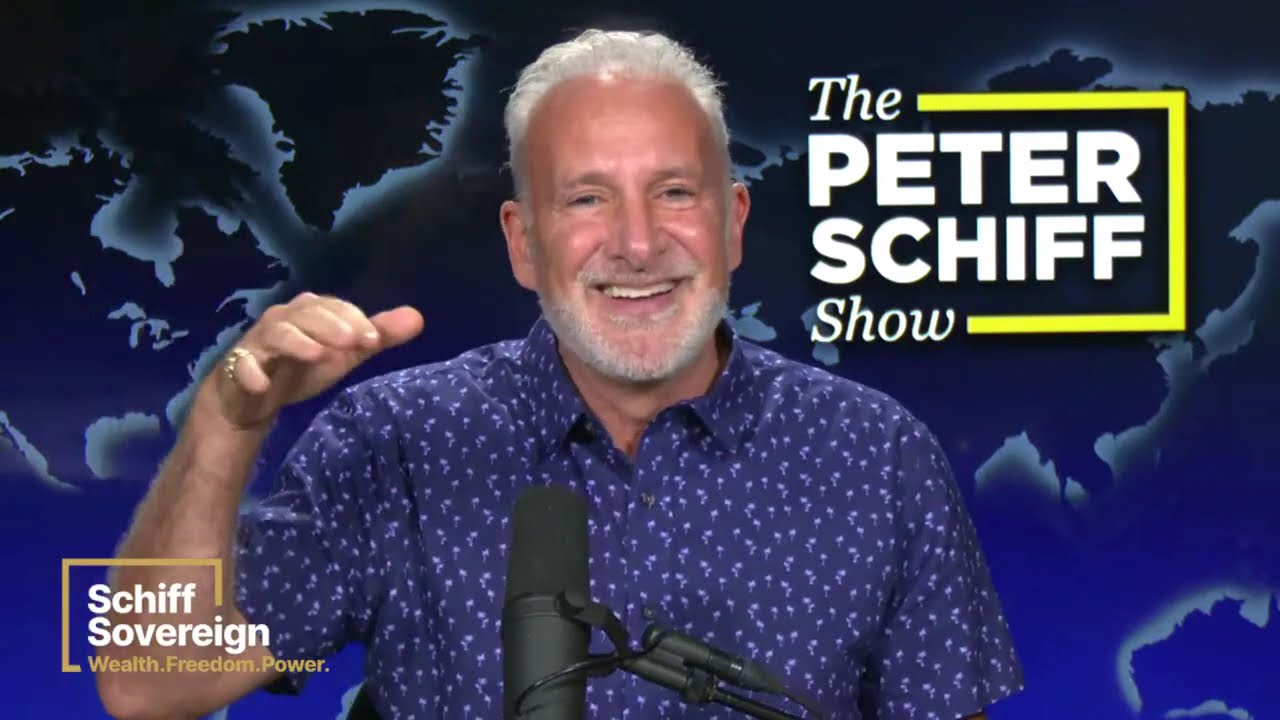Mises’s magnum opus, Human Action, laid the ground for the Austrian school of economics—putting the emphasis on subjective human choice, entrepreneurship, and the role of prices in allocating resources. This framework, developed in the early 20th century, has withstood the test of time, providing a robust critique of central planning, Keynesianism, and other forms of interventionism.
Mises’s theory of economic calculation simply showed that central planners could not rationally allocate resources because they have no clue regarding prices of production goods. This insight is particularly relevant today, as governments continue to attempt to micromanage economies, often with disastrous consequences. I always say, “There is no problem that government intervention can’t successfully make worse.” The failure of socialist and communist experiments, along with the continuous struggles of centrally-planned economies, remind us of Mises’s rather prophetic warnings.
It was Mises who began to propose the risks with fiat currency and the inevitable inflationary outcome. We find that, with the proliferation of central banking and quantitative easing, there is a global debt crisis whereby purchasing power is broadly destroyed for most of our citizens and financial system stability is undermined. An important tool for explanation of the current economic landscape would be Mises’s analysis of the business cycle, emphasizing credit expansion and monetary policy in the cause of boom-bust cycles.
Mises’s libertarian commitment was an expression of his deeply-held belief in the value of individual freedom, together with the dangers of government aggression. Living in a time when there is increasing surveillance, censorship, and repression of personal autonomy, his ideas certainly remind people how individual rights are to be defended and how government power ought to be kept strictly limited.
In conclusion, it can be said that the ideas of Ludwig von Mises remain the basic component in any serious discussion on economics, politics, and society. His critiques of central planning, fiat money, and government intervention remain as relevant today as they were when written; his commitment to individual freedom and limited government shows the path to a more just and prosperous future. As we go through the trials and tribulations of the 21st century, it is fitting to go back and build on Mises’s ageless insights so his legacy might live on to lead us to a better future.
Originally Posted at https://mises.org/
Stay Updated with news.freeptomaineradio.com’s Daily Newsletter
Stay informed! Subscribe to our daily newsletter to receive updates on our latest blog posts directly in your inbox. Don’t let important information get buried by big tech.
Current subscribers:



